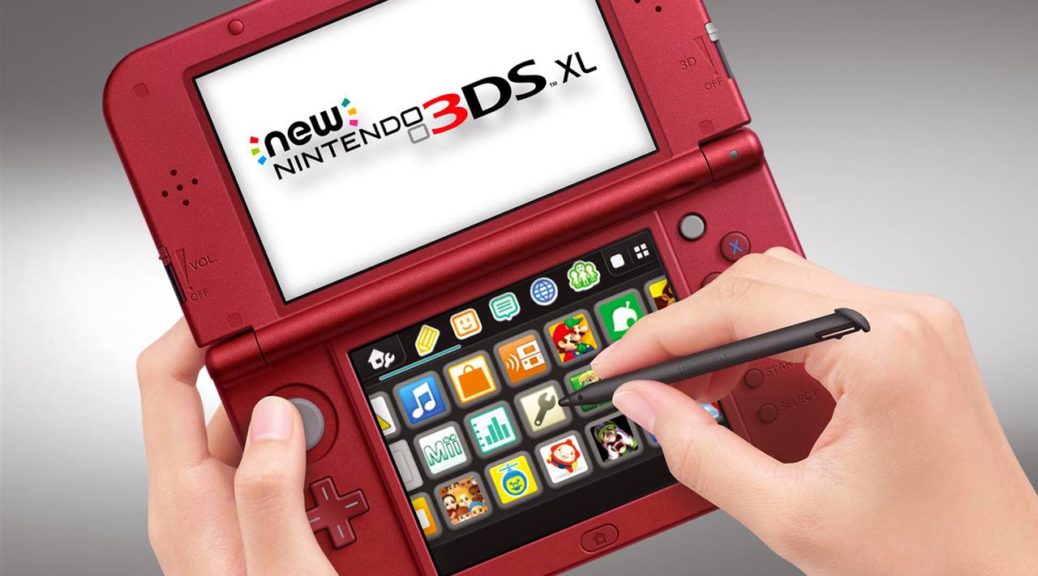
Why The Nintendo 3DS Failed In Taiwan
Dave Flynn, an expat living in Taiwan, has written an interesting article looking back at the Nintendo 3DS’s failure in Taiwan.
Flynn attributed region lock to be the cause of the Nintendo 3DS’s failure in Taiwan. First, many gamers since the Wii era or earlier have been accustomed to importing Japanese region games, and even Japanese region systems.
Second, during the Nintendo 3DS era, there were two “forces” in Taiwan – Nintendo of Taiwan, the official subsidiary, and importers of Japanese consoles. When the 3DS was officially released in Taiwan, Nintendo created a “Traditional Chinese” region targeted at consumers in Hong Kong and Taiwan.
Players living in this region were happy at first, as it seemed Nintendo was finally giving them attention. But soon the pace of localized releases soon slowed down, and since many Taiwanese gamers understand Japanese, it didn’t make sense to purchase the official Traditional Chinese region systems and games. Thus they bought imported Japanese region systems and games.
Having the Traditional Chinese version and Japanese version systems side-by-side in stores caused mass confusion. The situation further deteriorated when Nintendo Taiwan was disbanded and absorbed into Nintendo Hong Kong.
But what you are about to hear next is beyond absurd. Instead of pushing out an update to allow Traditional Chinese consoles to play Japanese games, Nintendo Hong Kong released a Japanese 3DS repackaged for the Taiwanese market, something that should have been done from the beginning.

Adding salt to the wound, this repackaged console is only compatible with Japanese region games, not the Traditional Chinese games Nintendo Taiwan had previously released. It was a huge mess. Anyway, after Nintendo Taiwan left the country, everyone continued to import games and consoles from Japan.
It appears that Nintendo has learned their lesson in Taiwan and ensured the Nintendo Switch is region free in order not to have this mistake repeated. Besides that, all major first party releases have now been localized.
Besides Taiwan, we’ve seen something similar happen in the Middle East – video game retailers often carry MSE (Middle East/Southeast Asia branded US releases from Active Boeki) and European (Nintendo of Europe releases) stock. As parents (and even retailers) aren’t really educated on region lock, this caused a lot of havoc during the 3DS and Wii U days.
What do you think? Let us know in the comments below.
